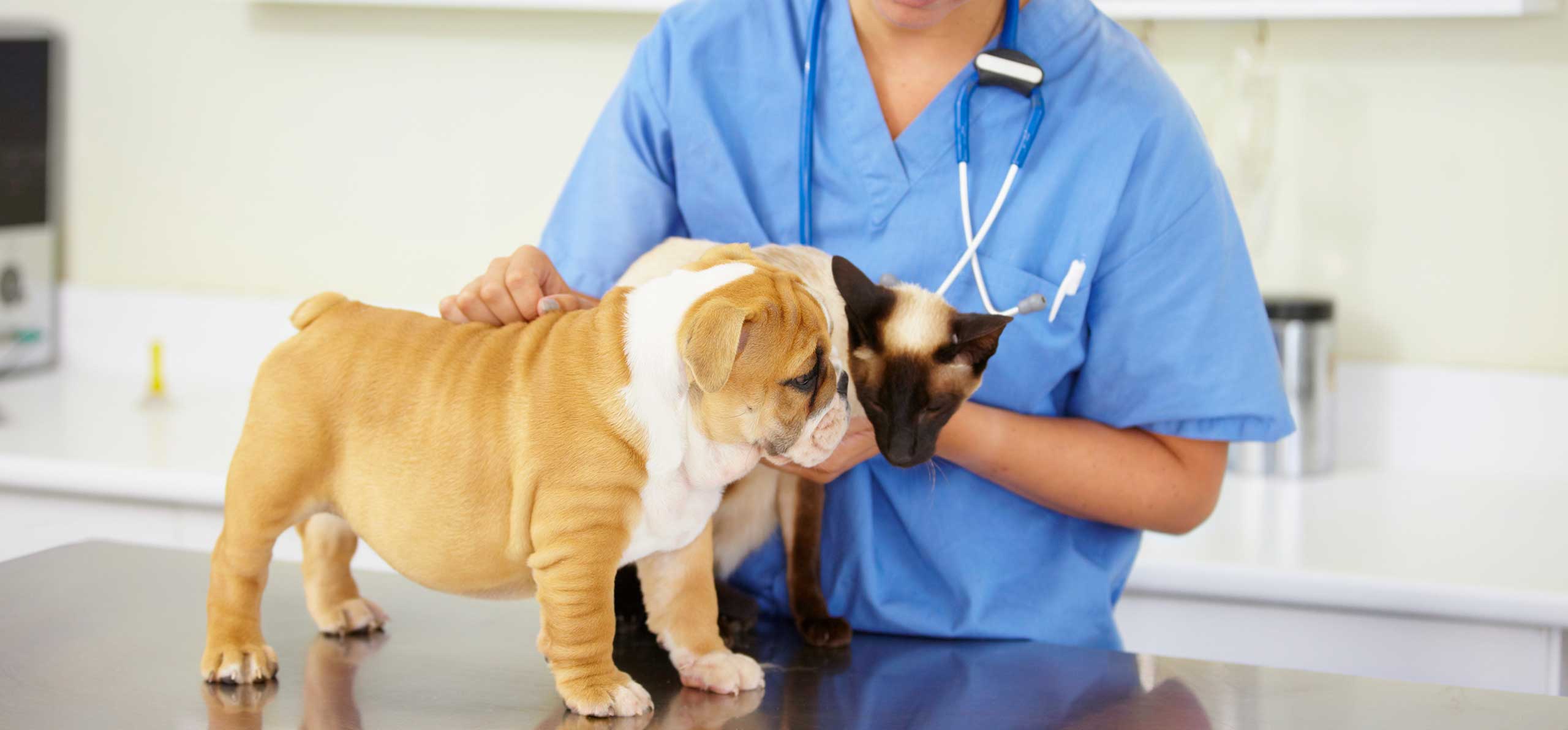Prevention is the simplest, most effective form of health care. For dogs and cats, the annual vet visit is the perfect opportunity to make sure your best pal is healthy and catch any concerns early.
Here’s how to prepare for your yearly veterinarian visit and what to expect.
Pre-Vet Prep
The annual veterinarian visit is not a favorite road trip for our four-legged friends. Here are ways to make the journey a bit smoother.
1. Bring a favorite, familiar item
Calm your dog or cat with a favorite toy, piece of fabric or pillow with a familiar scent. Treats are a go-to favorite. Your veterinarian my have plenty on hand, but it can’t hurt to pack an extra special treat to distract your pet.
2. List questions, concerns
Make the most of your visit by bringing your questions or concerns with you. If something significant has changed in your pet’s behavior, appearance or habits, this is the time to bring it up.
3. Got insurance?
If you have pet insurance, don’t forget the card so your paperwork goes smoothly.
4. Expectations
Even though you’ve prepared for the visit, expect the unexpected and be ready to assist if your dog or cat becomes stressed or uncooperative. Remember, your furry family member is in good hands.
First off, your veterinarian will give your dog or cat the once-over, checking their fur, skin, eyes, ears and mouth. They’ll also check your pet for dry skin, abnormal hair loss and overall body condition.
Your veterinarian will keep a close eye on how your dog or cat is standing and walking, as well as how alert he or she is. Now’s a good time to let the vet know any concerns you have so they can focus the exam on those issues.
Just like a human doctor, your veterinarian will listen to your pet’s heart and lungs with a stethoscope to ensure heartbeats and breaths are normal. Then they’ll touch around your pet’s lymph nodes, abdomen and muscles to feel for lumps, swelling or pain.
Then it’s onto vaccinations. Talk to your veterinarian about necessary preventive measures and get their recommendation on vaccine schedules and next check-ups.
Follow your vet’s advice because preventive health care is your best bet to help ensure a long, happy life for your best furry friend.

